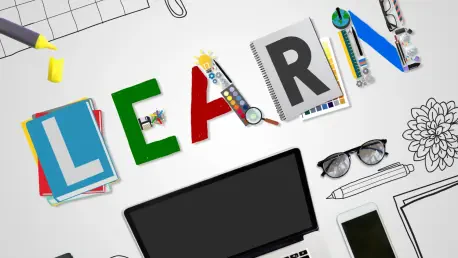
In a startling revelation that has left many residents on edge, the Georgia Department of Human Services (DHS) recently disclosed a significant data breach involving unauthorized access to employee email accounts, raising serious concerns about the security of personal information stored within

In the rapidly evolving landscape of U.S. enterprises, Artificial Intelligence (AI) is fundamentally reshaping how businesses utilize Workday, a platform that has transcended its origins as a human resources (HR) management tool to become a cornerstone of operational and financial excellence.

Setting the Stage: The AI Divide in Global Workplaces In an era where artificial intelligence (AI) is reshaping the very fabric of workplace dynamics, a striking disparity has emerged between Europe and North America, highlighting a significant challenge for European markets. Recent data reveals

The landscape of talent acquisition is undergoing a remarkable transformation, driven by a surge in hiring demands and the rapid integration of cutting-edge technologies. Across industries in the United States, recruiters are grappling with an unprecedented increase in hiring volumes, with a

The utility sector finds itself at a pivotal moment, facing an unprecedented skills gap that threatens the very foundation of grid reliability and safety, while a wave of seasoned workers retires, taking decades of invaluable expertise with them. The industry must now contend with the rapid

In an era where technology reshapes workplaces at an unprecedented pace, Learning and Development (L&D) leaders find themselves at a critical juncture, grappling with the dual forces of opportunity and uncertainty as they navigate the challenges ahead. Artificial Intelligence (AI) stands as both a